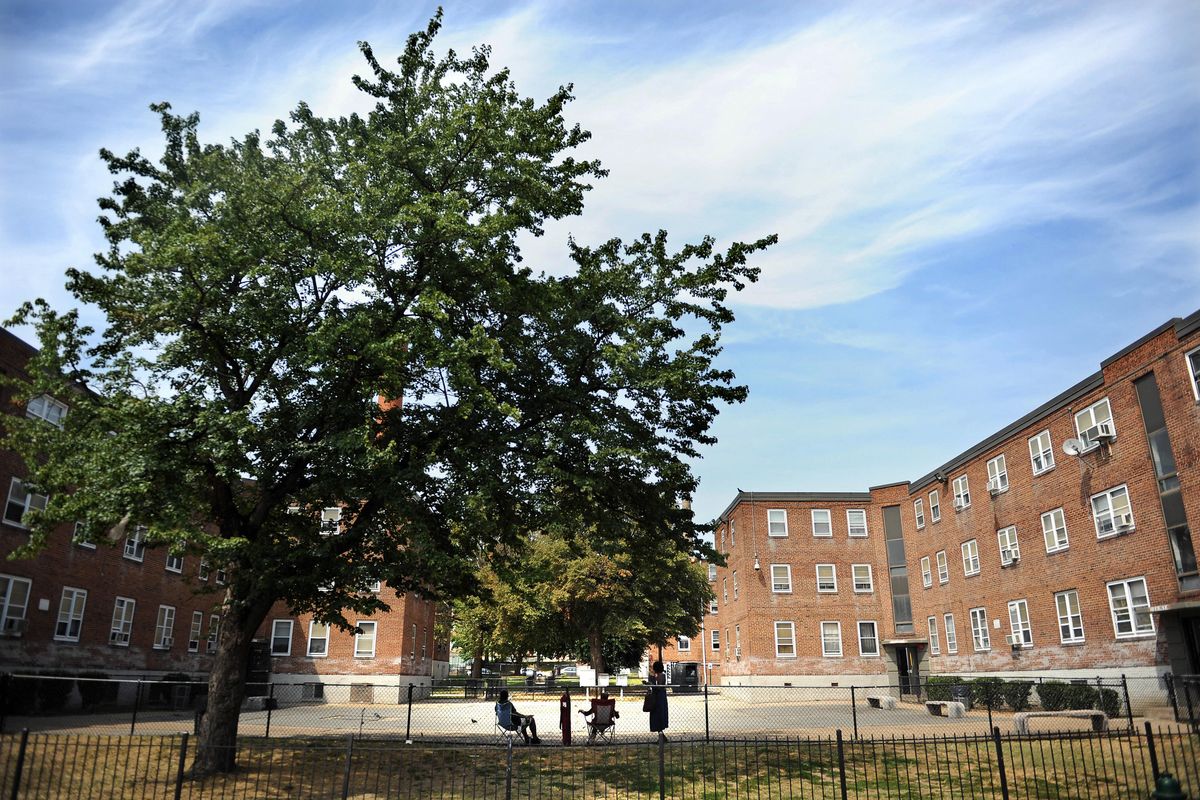D.C. metro area is likely to face a strain on affordable housing following the arrival of 25,000 more workers to work at Amazon’s new HQ2 at Arlington headquarters.
Already among the most expensive cities in the world, having high housing prices and a tight labor market, D.C. will face the brunt, an issue which was raised at a recent Axis Expert Voices event on economic issues in D.C.
The arrival of more workers in the city will also increase property rates, which could push out residents of low-income families.
Amazon’s new headquarters will be situated across the Potomac River from Washington, D.C. Some residents welcomed the announcement hoping it will bring new jobs, while others are worried that more workforce will put a strain on local schools, transportation, and housing.
As per Inc. ranking, D.C. is the fifth most expensive city in the country, where an annual income of $90,000 is needed to live comfortably, and the median income of residents is about $73,000. As per D.C. Mayor’s office, in Washington D.C. about 800 new residents were attracted each month last year to the city.
“Affordable housing is a crisis here in the D.C. metro area. I’m concerned people are going to jack up the prices just because Amazon is coming in,” said Deborah Snyder, president and CEO of Operation Renewed Hope Foundation, which helps homeless veterans.
Brian Carome, the executive director of Street Sense Media said for minimum wage, you’d need three full-time jobs to afford housing in this city. “That puts it out of reach for a wide swath of the population, who we all rely on for services in this city,” said Carome. “That gap is widening and with Amazon coming in, it’s set to widen even more.”
However, Mark Vitner, the managing director and senior economist at Wells Fargo Securities said that economic growth is necessary to fund affordable housing. “Amazon is bringing that growth while also diversifying the local economy that remains overly dependent on federal spending,” said Vitner. “Amazon is a big win. Those jobs will come to the area gradually, not immediately.”

